Staying informed about the latest in men’s health is crucial for maintaining wellness and preventing serious conditions. Recently, there have been several notable updates in men’s health guidelines and research that are worth highlighting. From advancements in prostate cancer screening to new insights into heart health and mental well-being, here’s a roundup of the latest news and recommendations.
Remember that taking care of your health today can lead to a better quality of life tomorrow.
Prostate Cancer Screening
Prostate cancer remains a significant concern for men, particularly those over the age of 50. The U.S. Preventive Services Task Force (USPSTF) has updated its guidelines, emphasizing a more personalized approach to prostate-specific antigen (PSA) screening.
Other Key Updates:
-Shared Decision Making:
Men aged 55 to 69 are encouraged to discuss the potential benefits and harms of PSA screening with their healthcare providers. The decision to undergo screening should be based on individual risk factors, preferences, and values.
– High-Risk Groups:
Men with a family history of prostate cancer or those of African American descent are considered at higher risk and may benefit from earlier and more frequent screening.
– Cardiovascular Health:
Cardiovascular disease remains the leading cause of death among men worldwide. Recent studies have shed light on new strategies to improve heart health.
– Cholesterol Management:
The American College of Cardiology (ACC) and the American Heart Association (AHA) have updated their guidelines on cholesterol management. Statins remain the cornerstone of therapy, but there is increased emphasis on lifestyle changes, including a heart-healthy diet, regular exercise, and smoking cessation.
– Blood Pressure Control:
The target for blood pressure has been refined, with the aim to maintain levels below 130/80 mmHg for most adults. This update underscores the importance of early intervention and consistent monitoring.
-Mental Health:
Mental health is increasingly recognized as a critical component of overall well-being. Men often face unique challenges in this area, including stigma and reluctance to seek help.
– Screening for Depression:
The USPSTF recommends regular screening for depression in all adults, including men. Early detection and treatment are crucial, with a growing focus on integrating mental health care into primary care settings.
– Workplace Mental Health:
There is a push for better mental health support in the workplace. Employers are encouraged to provide resources, such as Employee Assistance Programs (EAPs), and to foster a supportive environment that encourages men to seek help when needed.
– Lifestyle and Prevention:
Preventive care and healthy lifestyle choices are paramount for long-term health. Recent guidelines emphasize a holistic approach to wellness.
– Nutrition and Physical Activity:
The updated Dietary Guidelines for Americans highlight the importance of a balanced diet rich in fruits, vegetables, whole grains, and lean proteins. Regular physical activity, including both aerobic and muscle-strengthening exercises, is recommended to reduce the risk of chronic diseases.
– Vaccinations:
The Centers for Disease Control and Prevention (CDC) has updated its adult immunization schedule. Men are encouraged to stay up-to-date with vaccinations, including those for influenza, shingles, and COVID-19, to protect themselves and their communities.
Regular check-ups with a board licensed qualified healthcare providers and open discussions about health concerns are crucial steps in this journey.
Staying updated with the latest guidelines and research is essential for maintaining good health. By adopting a proactive approach to screening, managing risk factors, and seeking support for mental health, men can significantly improve their overall well-being.
Stay Informed. Stay Healthy!


